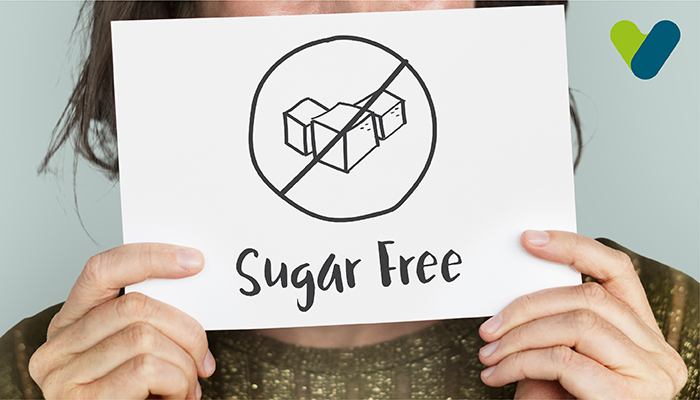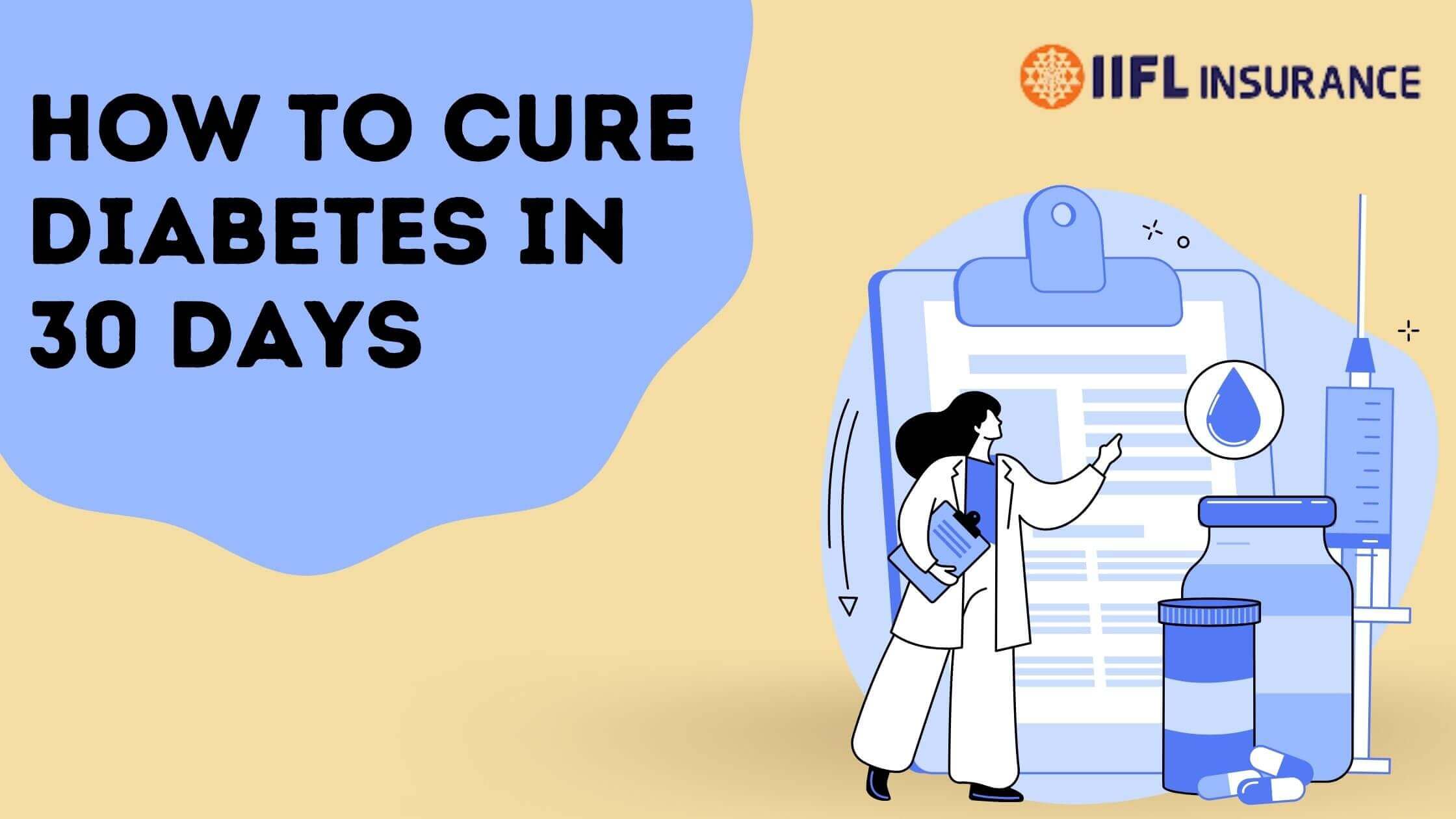Many people with diabetes wonder—is sugar free good for diabetes patients? This is especially true for people who are recently diagnose with diabetes as their diet changes rapidly and they find themselves craving desserts. This is when they start exploring and asking ‘is sugar free good for a diabetic patient?’
Although sugar-free artificial sweeteners don’t have sugar in them and claim to be a healthy substitute for sugar-intake as well as weight watchers, it is worth wondering whether sugar free is safe for diabetic patients or not. Sugar-free substitutes are generally considered a boon for diabetic people who have a sweet tooth but cannot have sugar because of diabetes. Basically, it can be good for people with diabetes who are overweight by changing to a sugar-free substitute and reducing sugar from their diet. And removing sugar from the diet prevents from loading up calories.
The less calories buildup, the less is the chance to put on weight. Hence, having a low-calorie count also makes sugar-free substitutes a great option for health-conscious non-diabetics. Eating sugar-free foods is a great choice for people suffering from diabetes. Sugar-free foods will not increase blood sugar and add a variety of benefits to a diabetic diet. It is crucial that only a small amount of these substitutes is used. Because the sweetening power of the substitutes is 100 times stronger than regular sugar.
Sugar-free and diabetes
Sugar-free substitutes are a good choice for diabetes. However, it is a taste as some people with diabetes say they do not need a sweet taste, while some people need that sweet taste. Hence, it is important but not taking too much is a compulsory rule for everyone. Eating too many sugar-free things could cause liver damage. Also, diet soda which has sugar-free substitutes is also bad for diabetics people as it causes drastic changes in insulin levels and also changes your blood pressure. Hence, for diabetics as well as non-diabetics, moderation is the key to using sugar-free substitutes.Are artificial sweeteners bad for diabetic patients?
If you are wondering whether sugar free sugar is good for diabetics, you are right to worry. There is an ongoing controversy about sugar-free artificial sweeteners, and some studies have suggested that the use of diet drinks that are ‘sugar free’ can lead to obesity. Studies have shown that people who consume diet soda are more likely to gain weight than people who consume naturally-sweetened soda. Aspartame and saccharine are some of the most controversial artificial sweeteners because of their potential side effects and toxicity. Research suggests that these sugar free sweeteners may potentially be carcinogenic.FDA Labelling: Sugar-free v/s no added sugar
FDA label defines sugars are the units of sugars that are used in foods. Examples of these units of sugar add refined sugar, dextrose, fructose corn syrup, honey syrup, brown sugar, and others. Thus, for people with diabetes, a food labeled as sugar-free involves less than 0.5 grams of sugars and contains less calories than its sweetened counterparts.FDA uses different terms such as sugar-free, zero sugar, no sugar, and sugarless. Some products such as canned fruits are also referred to as ‘no sugar added.’ However, these products produce their natural sugars, but no artificial sugar is included during processing.
Various types of artificial sweeteners or sweetening ingredients in sugar-free foods
Sugar-free or no added sugar terms do not provide information on how much artificial sweeteners are added. Most labels claim to provide artificial sweeteners; however, it is important to understand what kind of sweeteners are present and what their implications are for diabetics.Types of ingredients that are used as artificial sweeteners:
- Sugar alcohols: They are also known as polyols; they are not sugars and alcohol. These give fewer calories and are slowly digested by the body, thus preventing a slower release of sugars in the blood. Isomalt, sorbitol, lactitol, maltitol, mannitol, and xylitol are common names for polyols.
- Sugar substitutes: These have no calories or carbohydrates and do not rise in blood sugar levels. Sugar substitutes recognized by the FDA include aspartame, neotame, saccharin, stevia, and sucralose. Most of the sugar substitutes are built from these compounds.
Just like artificial sweeteners, sugar alcohols are usually synthetic, but they are not the same. Sugar alcohols can be metabolised without insulin, and they are less sweet than artificial sweeteners and sugar. Additionally, sugar alcohols don’t have the same aftertaste as artificial sweeteners do, and they can be partially digested in the intestine.
Sugar-free foods sweetened with more than one type of sugar alcohol
Sugar-free foods that provide one or more sugar substitutes that have other ingredients with calories and carbohydrates. Sugar substitutes do not contain other ingredients with calories and carbohydrates.You consume whatever type of sugar substitutes or artificial sweeteners and always be aware of how many calories or carbohydrates they produce. Always follow a healthy meal plan and eat them in proper portions.
Considerations
Some general considerations when choosing a low-calorie sweetener, include:- Intended use. Many sugar-free products do not resist high temperatures, so they are not good choices for baking.
- Cost. Some sugar-free products are expensive, whereas others have a good cost closer to sugar.
- Availability. Some sugar-free products are more easily available in stores than others.
- Taste. Some sugar-free substitutes, such as stevia, have a bitter taste that many people may find undesirable. Always ensure that the manufacturers do not mix chemicals or other sweeteners that decrease nutritional benefits.
- Natural versus artificial. Some people need natural sweeteners such as stevia as compared to artificial sugar substitutes. However, natural sweeteners always contain lower-calorie or more healthful foods for diabetics.
- Add fruit instead of sweetener: Where possible instead of sugar or artificial sweeteners add a sweet fruit to their meal. Include fruits such as strawberry, blueberry, and mango.


